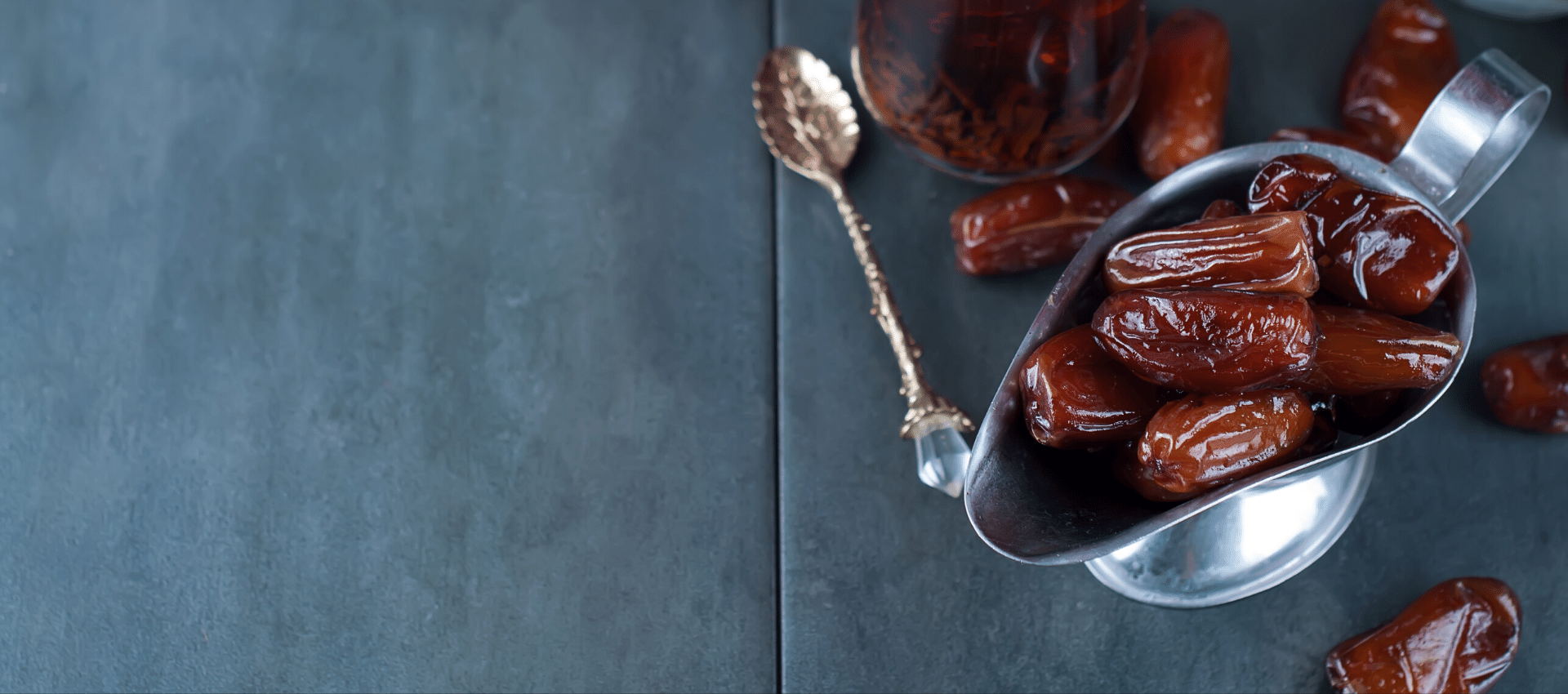14 May Du’a- conversations of love and tears
Du’a is supplicating to Allah Ta’ala for the fulfilment of our needs and wishes. It is what connects us to Allah Subhaanahu wa Ta’ala. The purpose of our lives is only to worship Allah Ta’ala and to be His true servants. When we begin to understand that Allah Ta’ala is the greatest and the supreme and we are His helpless and weak servants we will begin to turn to Him in our every affair, whether minor or major, no matter how much we may have wronged Him. Like a small child, no matter how bad their behaviour may have been, they will always run back to their mother because they know that although they’ve done wrong, their mother’s lap is truly the only place they will receive the most unconditional love and mercy. This is how our relationship with Allah Ta’ala should be. No matter how many times we may falter and sin, Allah Ta’ala is always there ready to welcome us back, to give us the comfort our hearts have been yearning for and to respond to our requests. Allah Ta’ala Himself has told us in the Quran:
When my servant asks of me to you (O Muhammed), Indeed I am near” and “I respond to the call of the caller when he calls upon me”
So take comfort in knowing that Allah does not go back on His promise and the connection you build once you’ve directed your heart to Him, is a connection you will not feel elsewhere. It is a conversation where you can express every emotion from joy and happiness all the way to tears and despair.
Du'a - the essence of worship
This relationship of love and yearning yet dependency and neediness is best manifest at the time of du’a. Therefore, it is no surprise that our beloved Nabi Sallallahu Alayhi was Sallam has labelled du’a as
“the essence of worship.”
It is the most humbling form of worship as we show our weakness and incapability before Allah Ta’ala’s vast grace and generosity. It is a time of recognising that it is only Allah Ta’ala who fulfils our needs and it is only He who can help us. This creates in us the quality of abdiyyat – true servitude and develops our relationship with Him. And if we place our trust in Him and beseech Him then He will surely accept our requests and grant us more in return.
In reality, du’a is a reflection of our relationship with Allah Ta’ala. When we have strong attachment and love for someone we desire to take out quality time to spend with them, speak to them, constantly speak of them and be in their company. So when we claim we love Allah Ta’ala, how often do we speak to Him through Salah and du’a. How often do we sit facing the Qibla with our hands raised talking to Him? How eager are we to read His message to us through the Quran, and how much effort do we make to ensure He remains pleased with us? Or do we merely just say we love Him while continuing to disobey Him and making Him unhappy, neglecting our Salah and quickly rushing away from spending time in du’a calling out to Him. Can this be called true love? We need to judge our relationship with Allah Ta’ala and assess where we are on our journey to Him.
Who is Allah Ta’ala?
In order to build a connection with Allah Subhaanahu wa Ta’ala, we need to build a good conscience of Him. Allah Ta’ala says:
“I am with my servant as he thinks of me.”
How do we think of Allah Ta’ala? In order to have a relationship with someone, you need to know them. So before supplicating to Him, ponder: who is Allah Ta’ala? Think: this is My Creator who provides for me every day, who gives me clothes to wear, food to eat, water to quench my thirst, a family, limitless chances to please Him, to be grateful to Him, to seek His forgiveness. He is My Sustainer, my Rabb, the Most Merciful. Had Allah Ta’ala wished due to all my sins He could have destroyed me. These eyes I displease Him with He could have removed their vision, these ears, He could have made me deaf. These legs, He could have stopped me from walking. These hands I use in the wrong places, had Allah Ta’ala willed He could have taken away all of our strength leaving us unable to even lift a finger. But Allah Ta’ala didn’t. All these great bounties Allah Ta’ala has bestowed upon us, ponder over them, over who He is and what a great promise He has made to us of Jannah. So when we build a good opinion of Allah Ta’ala, we will beseech Him wholeheartedly, knowing that when Allah Ta’ala loosens our tongues to ask of Him, it is only because He wants to grant us something. Comparing to any other being, if you ask them once they’ll give you. If you ask for a second time, they’ll give you. But if you keep asking, eventually they will get tired of you and begin avoiding you. However Allah Ta’ala is just waiting for us to ask from Him so He can grant and grant, and Subhan’Allah, when we don’t ask of Him, He becomes angry. No one other than Allah Ta’ala exists with such generosity. So if Allah Ta’ala is being this merciful to us, how can we then lose hope in Him? And when Allah Ta’ala loves us this much, how can we then turn away from Him?
If our du’a is not accepted?
Allah is As-Samee’, The All-Hearing and He is also Al-Aleem, The All-Knowing. There is wisdom behind His every doing. Allah Ta’ala knows what is good for us and what is not. So when we ask from Allah Ta’ala, if He deems it beneficial for us He will definitely grant us what we’ve requested. Sometimes instead of granting us that exact thing, Allah Ta’ala grants us something better due to His complete knowledge and His love for us. Or sometimes our du’as are not accepted in our lifetime, but instead, He prepares a greater reward for us in the hereafter where we will see the return of all of our unanswered du’as in heaps and we will wish that none of our du’as were accepted in this Dunya for the reward of the hereafter is better and eternal. So we should not allow ourselves to become hopeless upon seeing no apparent outcome to our du’as. Have reliance on Him and believe that Allah Ta’ala does not waste His believing servants who turn to Him.
Leaving sin and repenting for the acceptance of Du'a
Shaykh Ibn ‘Atā’illah has said:
“Do not press claims against your Lord because your request has been delayed; instead, press claims against yourself for slackening in your behaviour.”
The true reality is that we are all sinners and as Nabi Sallallahu Alayhi wa Sallam has mentioned:
“All of Bani-Adam are sinners and the best of the sinners are those who repent.”
Tawbah (repentance) is a great blessing of Allah Ta’ala and as a Shaykh has beautifully described, it is the needle and thread to stitch our relationship with Allah Subhaanahu wa Ta’ala after it has been torn. The thought of Tawbah usually comes after feeling remorse and regret over our bad actions. For this thought to even enter into our minds is a sign that Allah Ta’ala loves us. It is only through His grace that He inspires us to repent and to turn sincerely to Him.
There are three steps for our Tawbah to be accepted:
1. To acknowledge and to have regret and remorse over our bad deeds.
2. To abandon the sin.
3. To make a firm intention to never return to that sin.
Insha’Allah the deed will be wiped out and forgotten by all creation including the angels who record our every action. This is how generous, loving and forgiving our Allah Ta’ala is.
Having a clean slate with Allah Ta’ala and performing good actions before making du’a as well as acting upon the preferable etiquettes will increase the chance of acceptance in His court. Shedding a few tears is also a means of attracting His mercy, similar to how a mother rapidly fulfils the request of her crying baby. Doing dhikr (remembrance of Allah) will also aid in doing good actions as our recognition of Allah Ta’ala will increase as will love for Him. Find moments of solitude with the Most-Merciful and Most-Loving.
May Allah Ta’ala make us from His Close Servants, grant us all acceptance in His court and from those who call upon Him In every state. Aameen
Noor Ul Islam Aalimah Department
If you found this useful, please consider making a donation to Noor Ul Islam. We rely on our community to fund our progress. Now is as important as ever for you to continue supporting your Masjid.
The Prophet (Pbuh) has taught us the best of deeds are those that done consistently, even if they are small.


